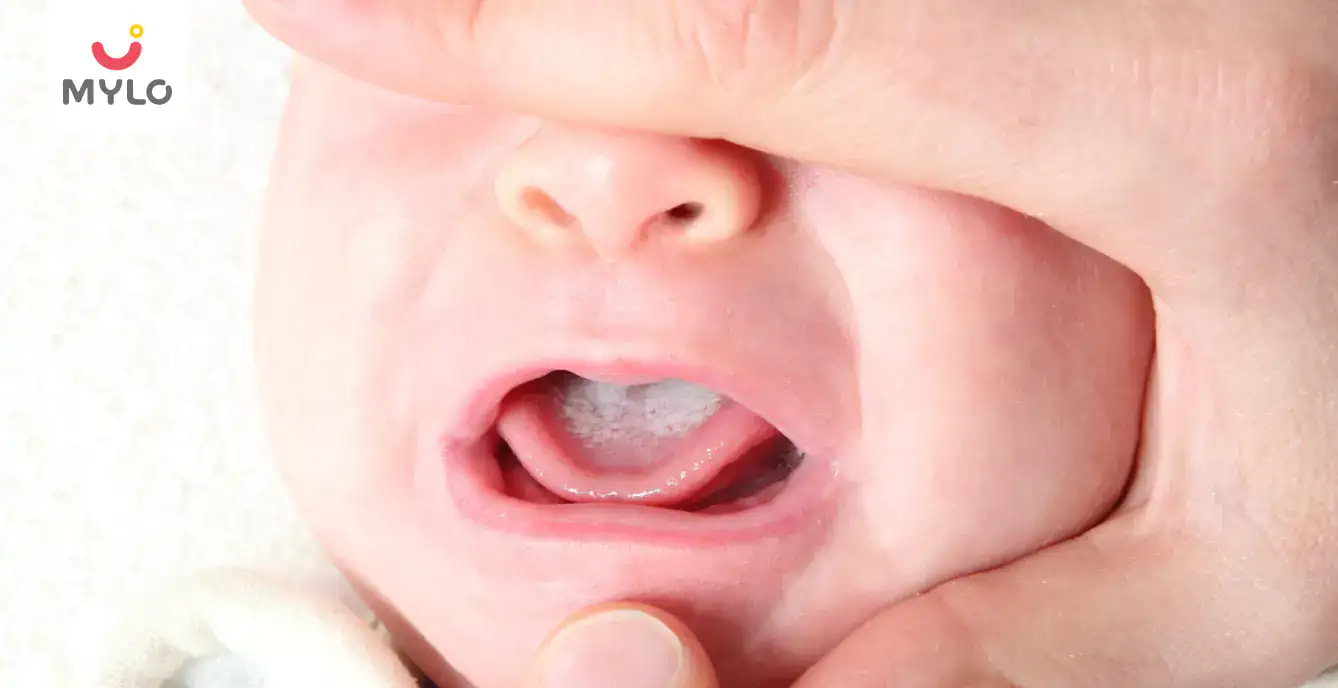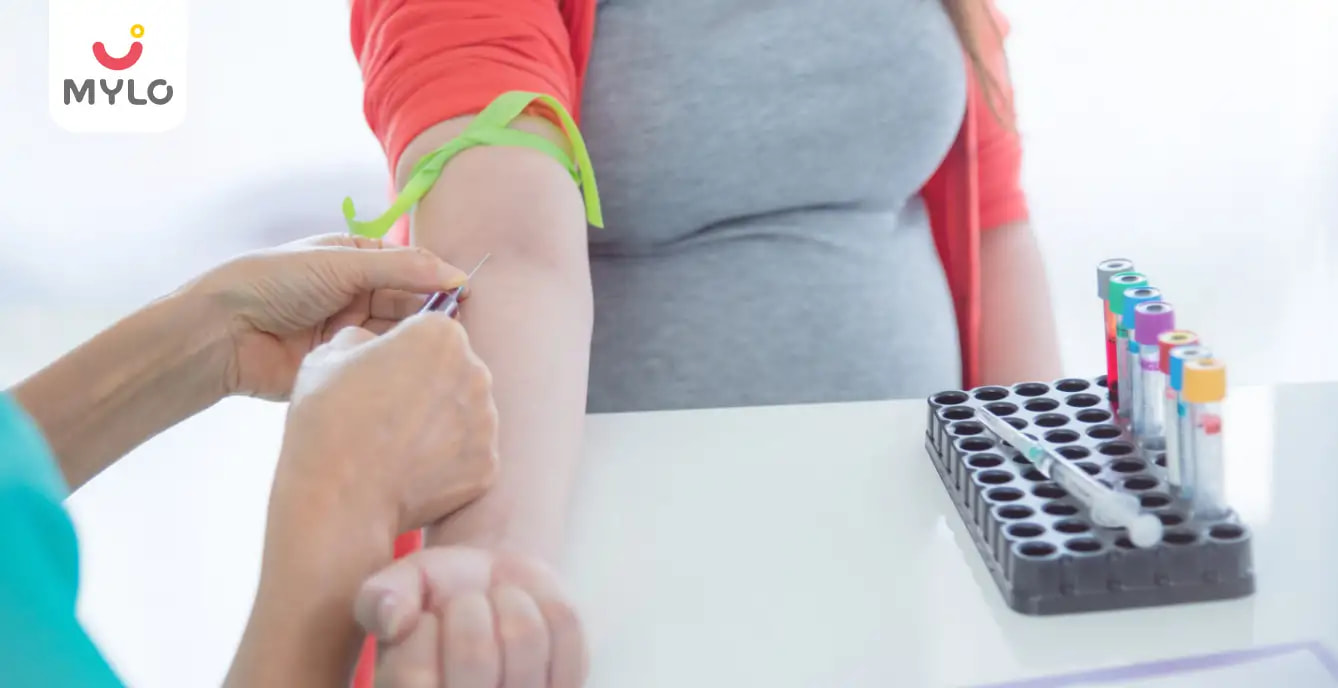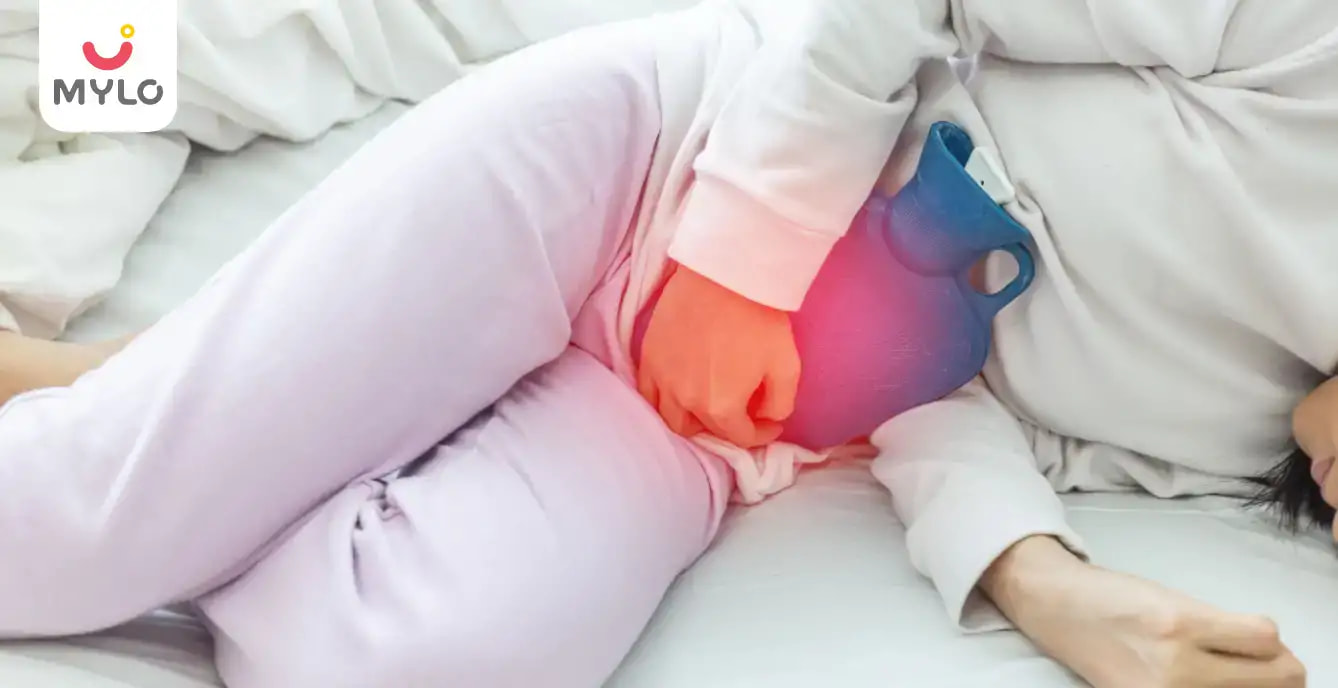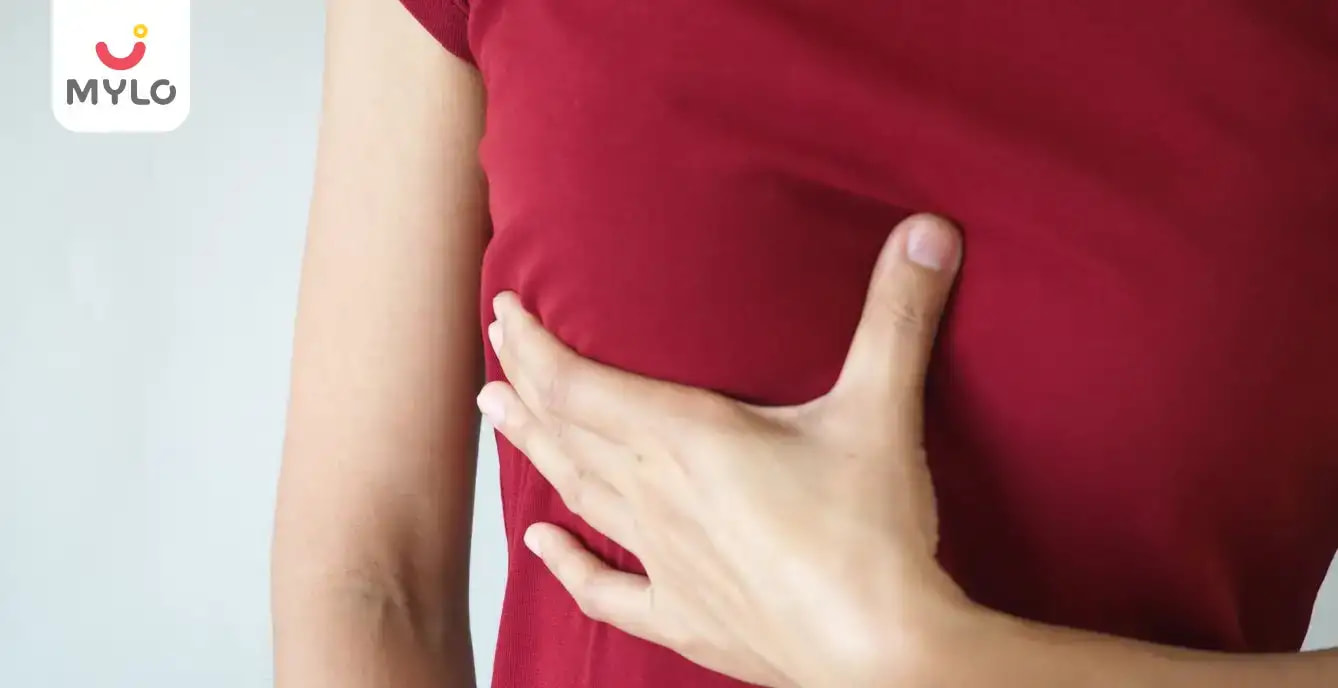Home

Home Remedies

Thrush: Causes, Symptoms, Treatment, and More
In this Article

Home Remedies
Thrush: Causes, Symptoms, Treatment, and More
Updated on 18 April 2023
Thrush is a common fungal (yeast) infection that can affect adults, babies, toddlers and children. It is a harmless but uncomfortable condition that can be treated with antifungal medicines. In this article, we will discuss what is thrush, its symptoms and causes and home remedies and medical treatment for thrush.
What is Thrush?
Thrush is a fungal infection most common in babies, toddlers and children. It can also affect adults with low or compromised immunity. Thrush infection is caused by the overgrowth of a fungus called Candida. Thrush can appear in the mouth, throat and intimate parts of the body. Oral thrush (thrush in the mouth) appears like a growth resembling cottage cheese- white, raised lesions on the tongue and cheeks. The condition can cause irritation, pain and redness in the affected area.
Who can have thrush, and is it infectious (can it spread from person to person)?
Thrush can affect anyone but babies under one month, toddlers and adults with weak immune function are at a higher risk. In most cases, thrush is not contagious. However, people with a weakened immune system or on certain medications can contract thrush. Oral thrush can be passed on through spit and vaginal thrush can be passed through sexual contact.
Why is thrush a problem during breastfeeding?
Thrush during breastfeeding can be a concern for moms and babies as it can be passed. Babies if they have oral thrush can pass the infection to their mothers. And mothers who have thrush infection around their breasts or nipples can transmit it to their babies. If both mom and baby develop a thrush infection, both should be treated simultaneously to prevent further exchange of the infection.
Symptoms and Causes
The most common symptom of oral thrush is the appearance of white, slightly raised lesions in the mouth, usually on the tongue, inner cheeks or the roof of the mouth. Other symptoms include redness and soreness inside the mouth, loss of taste and a cottony feeling in the mouth.
Thrush infection around the breasts includes the following symptoms: red, cracked or itchy nipples, flaky skin around the nipples, unusual pain during breastfeeding and shooting pain within the breast.
Women with vaginal thrush can experience symptoms like white vaginal discharge, itching and irritation and soreness and stingy feeling during sex or while peeing.
Most people already have some amount of Candida fungus in the mouth, digestive tract and skin. They are usually kept in check by other bacteria inside the body but when illnesses, stress or medications disturb this balance, the fungus causes thrush infection.
Risk factors
You may be at an increased risk of contracting oral thrush infection if you have weakened immunity (in infants and older adults), diabetes, vaginal yeast infection, consumption of medications and other oral conditions. Pregnant women are also at an increased risk of thrush infection due to all the hormonal changes occurring in their bodies.
Thrush treatment
Doctors usually prescribe an antifungal medicine to treat thrush. The medicine can come in the form of a tablet, a liquid, a cream to relieve the irritation or a tablet to insert into the vagina. The infection should clear up within 7-14 days of starting the treatment.
Home remedies for oral thrush
You can try the following home remedies in addition to the antifungal medicine to treat oral thrush and relieve the symptoms of the infection:
1. Salt Water Rinse
Salt has antiseptic, soothing and cleansing properties, making it a common home remedy for oral problems. Rinsing your mouth with warm salt water can help relieve the symptoms of thrush.
2. Baking Soda
Besides salt water rinses, rinsing your mouth with baking soda can also help to relieve the symptoms of oral thrush. You can rinse your mouth with warm baking soda water, which can act as a disinfectant.
3. Yogurt
Unsweetened yogurt or probiotics can help restore the balance of good and bad bacteria in the body, which may help treat oral thrush. Besides consuming cold yogurt can be easy to swallow and provide pain relief.
4. Lemon Juice
Lemon has antiseptic and antifungal properties, which can help fight the thrush infection. You can drink or rinse with lemon juice (warm or cold) to treat thrush.
5. Turmeric
Turmeric contains curcumin, a powerful anti-inflammatory compound that can provide relief in thrush symptoms. Drinking warm turmeric milk with a dash of black pepper can help.
Diagnosis and Tests
Most doctors can tell right away in case of oral thrush by looking at the white lesions. They may conduct a microscopic exam of tissue from the lesion to c confirm. In case the thrush extends to the throat or esophagus, your doctor may perform a throat culture, endoscopy or an X-ray. In case of vaginal or breast thrush, the doctor may look at the skin or wipe a cotton bud to test for the infection.
A pharmacist can help with thrush
If you have had thrush diagnosed in the past and know the symptoms, you can directly buy an antifungal medicine from the pharmacy. You may even ask the pharmacist for recommending the best treatment for you. You should avoid taking an antifungal medicine more than twice in 6 months without speaking to a doctor or pharmacist.
Things you may do on your own to relieve discomfort
In case of vaginal or breast thrush, you can use water and emollient to wash the affected area. Remember to pat dry the area properly after washing. Wear cotton undergarments until the infection clears up. And avoid having sex or breastfeeding while you have thrush.
Prevention
Here are some steps you can follow to prevent thrush:
-
Limit the amount of sugar you eat and drink. This includes sweets, mithai, cakes, biscuits and some fizzy drinks.
-
Follow good oral hygiene and avoid certain mouthwashes or sprays.
-
Wear cotton clothes and loose, breathable clothes. Tight bras, trousers or clothes made from synthetic material can trap moisture and create the ideal growing conditions for fungus.
-
Use nursing pads if you’re breastfeeding to contain the infection and change your bra every day.
-
Wash your clothes with a mild, non-bio product, to reduce the chances of your vagina becoming irritated. Don't use scented soaps, shower gels, bubble baths, vaginal deodorants or panty-liners.
-
After going to the loo, wipe from front to back to avoid contaminating your vagina with bacteria.
-
Live natural yoghurt or curd, with probiotic cultures may help to prevent thrush.
-
Try to stay as healthy as you can to avoid infections that may need antibiotics for treatment.
Thrush can be a painful and discomforting condition to treat. It’s best to maintain proper oral and intimate hygiene and lead a healthy lifestyle to keep thrush infections at bay.



Written by
Ravish Goyal
Official account of Mylo Editor
Read MoreGet baby's diet chart, and growth tips

Related Articles
Related Questions
Influenza and boostrix injection kisiko laga hai kya 8 month pregnancy me and q lagta hai ye plz reply me

Hai.... My last period was in feb 24. I tested in 40 th day morning 3:30 .. That is faint line .. I conculed mylo thz app also.... And I asked tha dr wait for 3 to 5 days ... Im also waiting ... Then I test today 4:15 test is sooooo faint ... And I feel in ma body no pregnancy symptoms. What can I do .

Baby kicks KB Marta hai Plz tell mi

PCOD kya hota hai

How to detect pcos

Related Topics
RECENTLY PUBLISHED ARTICLES
our most recent articles
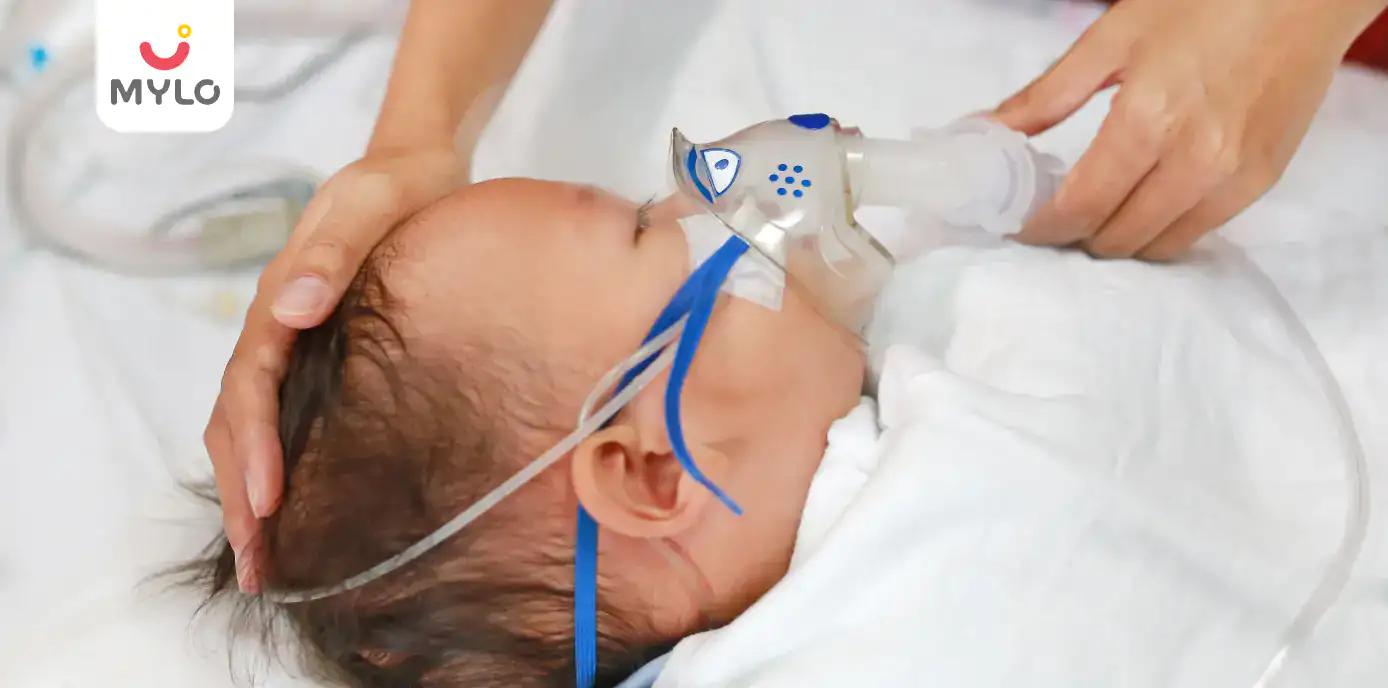
Illnesses & Infections
Childhood Asthma: Symptoms, Causes & Treatment

Feeding
Reflux in Baby: Symptoms, Causes & Treatment
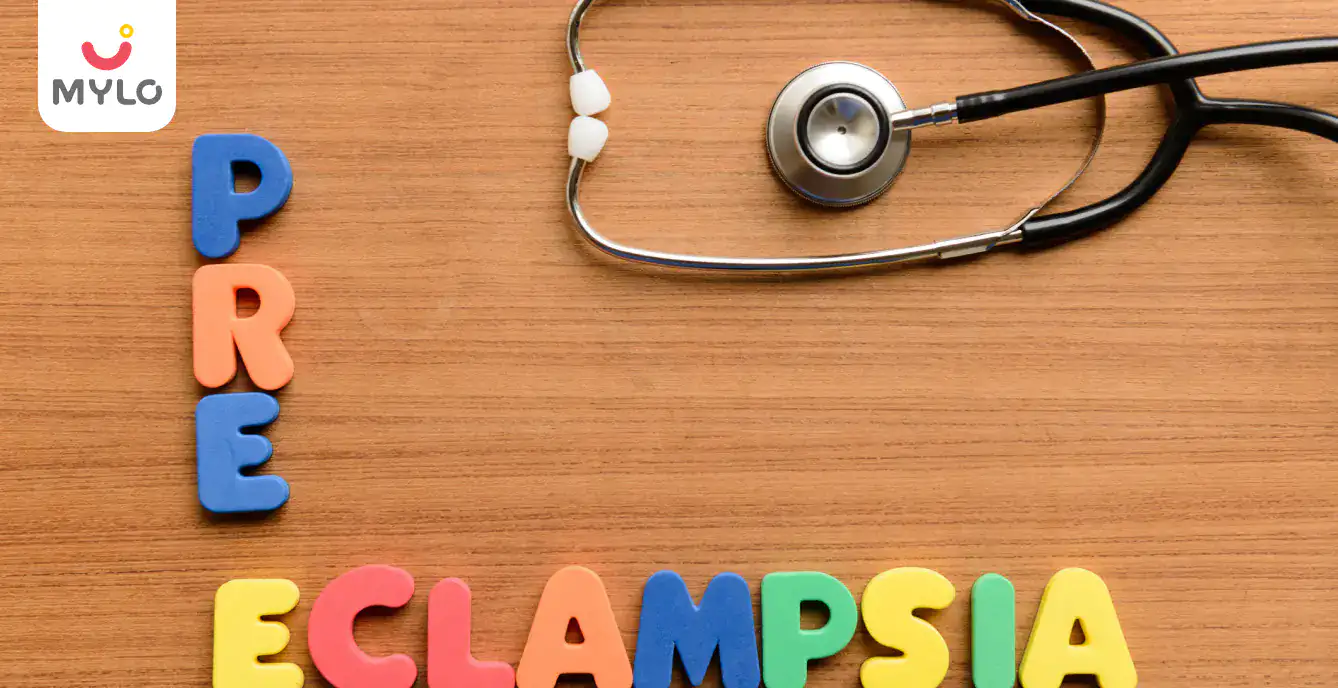
Preeclampsia
Pre Eclampsia: Meaning, Causes & Symptoms
Illnesses & Infections
Baby Diarrhea: Causes, Symptoms & Treatment
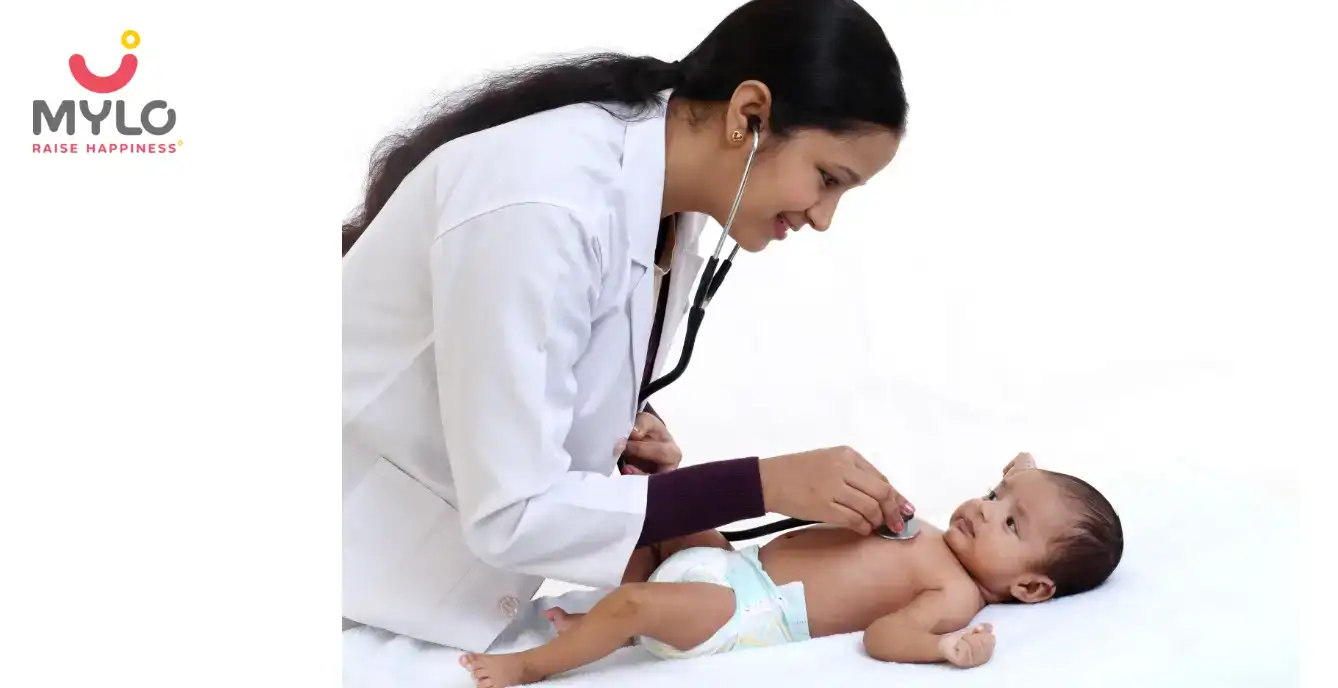
Illnesses & Infections
Bronchiolitis: Causes, Symptoms & Treatment
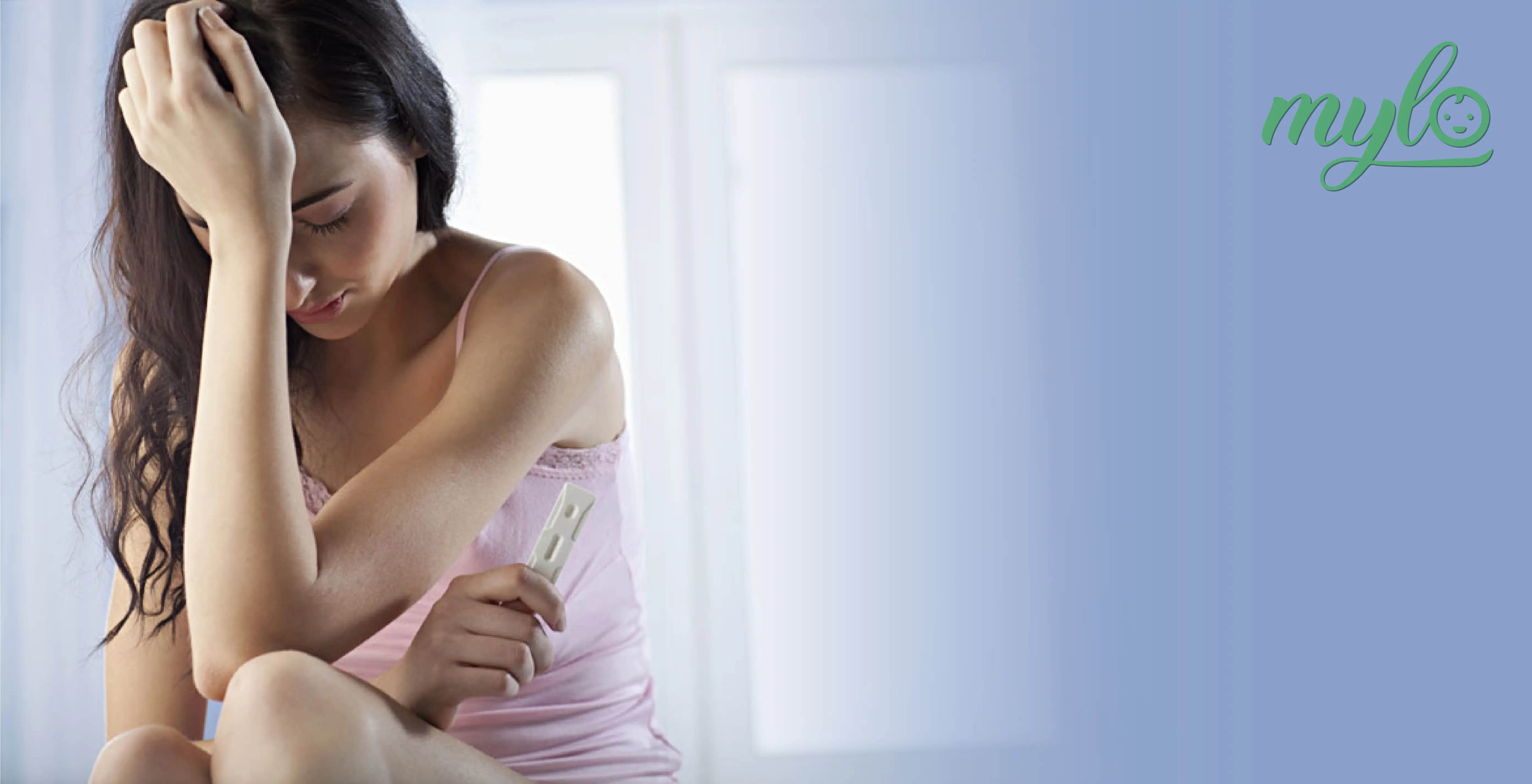
Pelvic Pain in Pregnancy: Symptoms & Treatment
- Saliva During Pregnancy: Causes & Prevention
- Effective Ways to Treat Jaundice in Children: Expert Tips for a Speedy Recovery
- 10 Best Original Movies to Watch on Netflix
- Flu, Change of Season or New Covid Variant, XBB.1.16- What’s Causing These Symptoms?
- 5 Ways In Which Music Can Boost Your Baby's Brain Development
- How to Stop Baby Hiccups: Everything You Need to Know
- “Staying Active and Healthy: The Benefits of Safe Exercise During Pregnancy”
- Appendicitis In Pregnancy Symptoms, Diagnosis & Surgery
- 5 Common Myths Busted About Baby Sleep
- “Ectopic Pregnancy: All You Need to Know About This Complication”
- Importance of Typhoid vaccines
- Benefits of eating nuts
- Can One Induce Labor Naturally?
- Should One Consider Keeping Their Pregnancy A Lowkey News?


AWARDS AND RECOGNITION

Mylo wins Forbes D2C Disruptor award

Mylo wins The Economic Times Promising Brands 2022
AS SEEN IN

- Mylo Care: Effective and science-backed personal care and wellness solutions for a joyful you.
- Mylo Baby: Science-backed, gentle and effective personal care & hygiene range for your little one.
- Mylo Community: Trusted and empathetic community of 10mn+ parents and experts.
Product Categories
baby carrier | baby soap | baby wipes | stretch marks cream | baby cream | baby shampoo | baby massage oil | baby hair oil | stretch marks oil | baby body wash | baby powder | baby lotion | diaper rash cream | newborn diapers | teether | baby kajal | baby diapers | cloth diapers |



